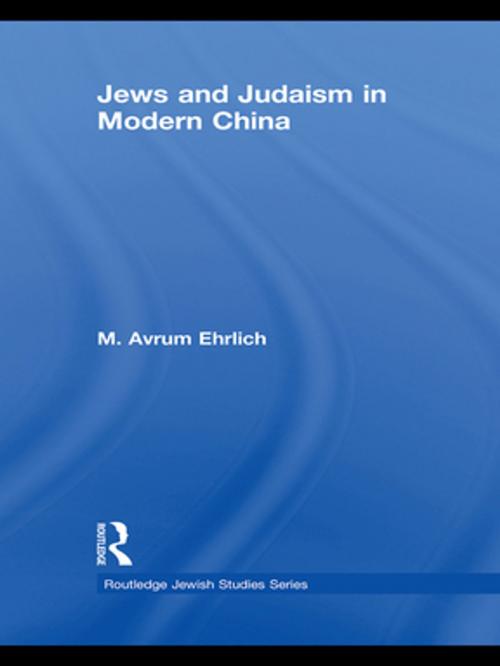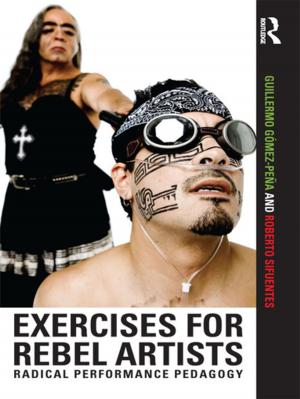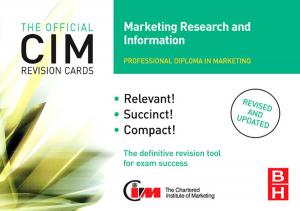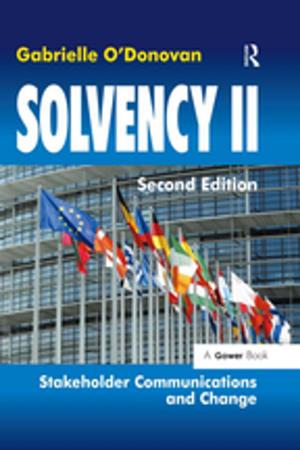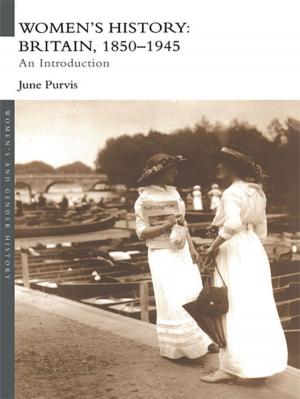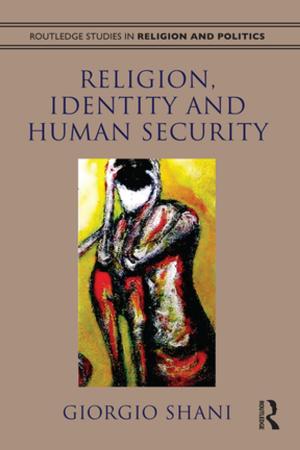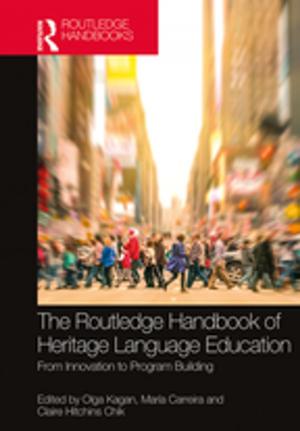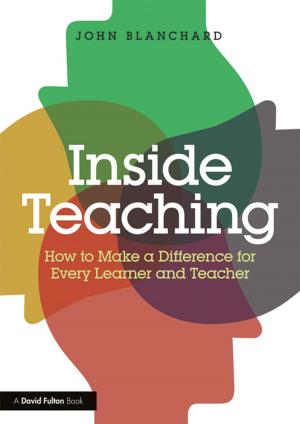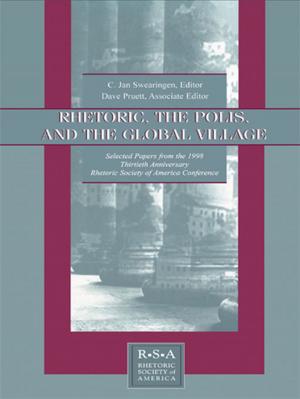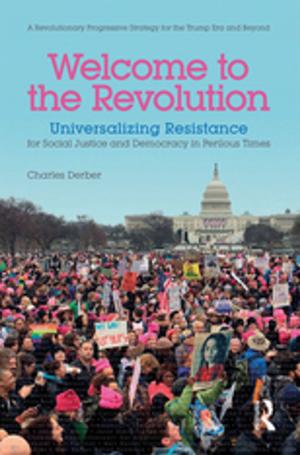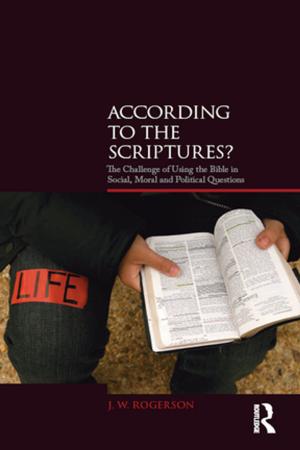Jews and Judaism in Modern China
Nonfiction, History, Asian, China, Religion & Spirituality, Judaism, Social & Cultural Studies, Social Science| Author: | M. Avrum Ehrlich | ISBN: | 9781135214425 |
| Publisher: | Taylor and Francis | Publication: | September 10, 2009 |
| Imprint: | Routledge | Language: | English |
| Author: | M. Avrum Ehrlich |
| ISBN: | 9781135214425 |
| Publisher: | Taylor and Francis |
| Publication: | September 10, 2009 |
| Imprint: | Routledge |
| Language: | English |
Jews and Judaism in Modern China explores and compares the dynamics at work in two of the oldest, intact and starkly contrasting civilizations on earth; Jewish and Chinese. The book studies how they interact in modernity and how each civilization views the other, and analyses areas of cooperation between scholars, activists and politicians. Through evaluation of the respective talents, qualities and social assets that are fused and borrowed in the civilizational exchange, we gain an insight into the social processes underpinning two contrasting and long surviving civilizations.
Identifying and analysing some of the emerging current issues, this book suggests Jewish-Chinese relations may become a growing discipline of import to the study of religion and comparative identity, and looks at how the significant contrasts in Jewish and Chinese national constructs may serve them well in the quest for a meaningful discourse. Chapters explore identity, integrity of the family unit; minority status; religious freedom; ethics and morality; tradition versus modernity; the environment, and other areas which are undergoing profound transformation.
Identifying the intellectual and practical nexus and bifurcation between the two cultures, worldviews and identities, this work is indispensable for students of Chinese studies, sociology, religion and the Jewish diaspora, and provides useful reading for Western tourists to China.
Jews and Judaism in Modern China explores and compares the dynamics at work in two of the oldest, intact and starkly contrasting civilizations on earth; Jewish and Chinese. The book studies how they interact in modernity and how each civilization views the other, and analyses areas of cooperation between scholars, activists and politicians. Through evaluation of the respective talents, qualities and social assets that are fused and borrowed in the civilizational exchange, we gain an insight into the social processes underpinning two contrasting and long surviving civilizations.
Identifying and analysing some of the emerging current issues, this book suggests Jewish-Chinese relations may become a growing discipline of import to the study of religion and comparative identity, and looks at how the significant contrasts in Jewish and Chinese national constructs may serve them well in the quest for a meaningful discourse. Chapters explore identity, integrity of the family unit; minority status; religious freedom; ethics and morality; tradition versus modernity; the environment, and other areas which are undergoing profound transformation.
Identifying the intellectual and practical nexus and bifurcation between the two cultures, worldviews and identities, this work is indispensable for students of Chinese studies, sociology, religion and the Jewish diaspora, and provides useful reading for Western tourists to China.
